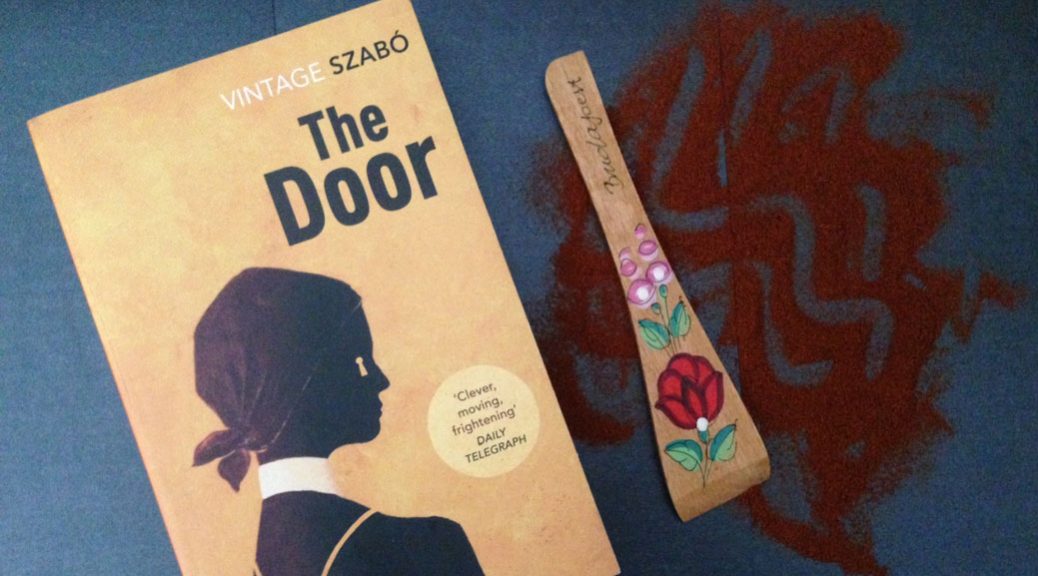I don’t know much about Hungary, except that I used to mispronounce it as a child. From yet another amble through Exclusive Books (you can hardly walk through a mall in South Africa without coming across a branch), I found Magda Szabó’s The Door.
It was the most intense read of my challenge thus far. The characters are intricately flawed, stumbling from one uncertainty to the next, your feeling for them swinging from sympathy to frustration and back again. It became difficult to like them at times, but a good character study is not about turning people into heroes. The grand cliché goes, art holds a mirror to life; and if that is the case, this book is a surface upon which we see ourselves.
Herein lies literature’s remarkability, for no matter how old the book, how long ago the setting, or how far-fetched the premise, we often find our present conditions and conversations within them. One of these notable conversations, buoyed by the #MeToo and #TimesUp movements, is storytelling told by women about women coming to the fore.
There’s been much press and protest about women not having the same opportunities to tell their stories. While this is often the reality, the bleaker truth is that their stories have been told and are being told, but do not receive the same prominence. Undertaking this reading challenge has made me encounter so many women’s stories. This has not been a conscious choice, but rather the result of applying a blind lens. I choose my books with no thought towards the author’s gender, race, or religion; my only criteria is their home country.
When I started this challenge, I worried that I would soon abandon it; but I’ve stuck to it so far and enjoyed it far more than I ever realised I would. Earlier this year I read an article by travel blogger Kate McCulley, who is also an avid reader. This year she challenged her followers to undertake a themed book challenge.
At the time I was disappointed that I would not be able to do the challenge with her, because I’d already decided to read the world. However, when I reread the article, I realised I did have a theme, and that theme has done exactly what she highlights in her article, “broadening my horizons while reading”.
I will always value, adore, and reread my favourites; many of whom, admittedly, are old dead white men. The lesson is not to stop reading them, but to realise there is literally a whole world of books to explore, and you can read and love as many as you want. Sometimes you just need to shift your lens a little, or blot it out completely, and discover that for every beloved book you reread, there is a different author, genre, or style waiting to be picked up, loved, and reread as much as all the rest.

Thank you Claudia for telling me about your challange! What a pleasure it will be to read about your previous books!